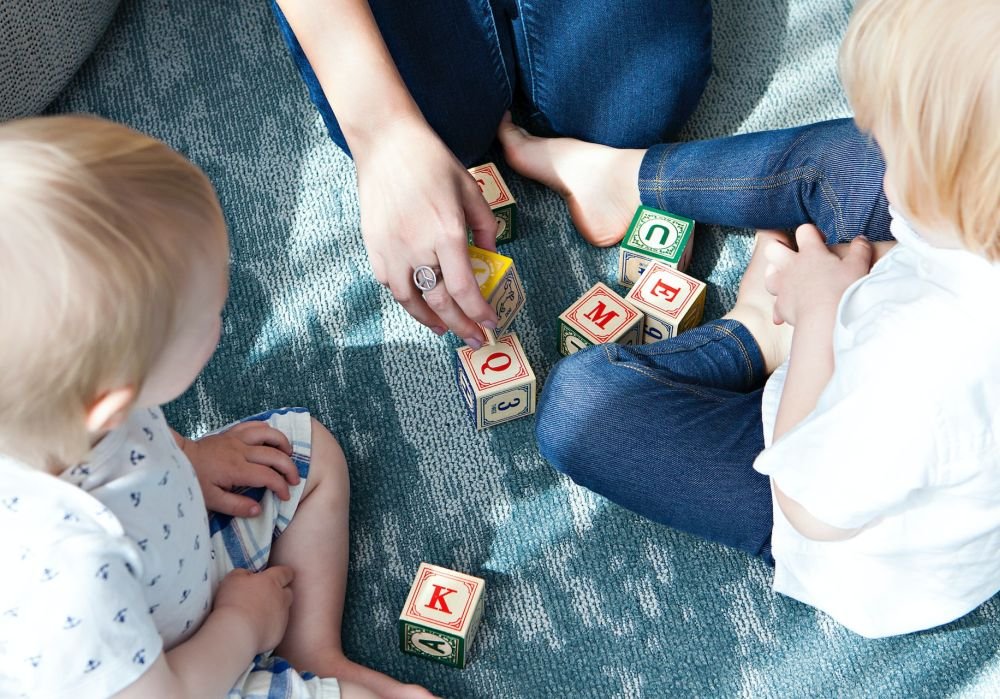
A study by scientists from Harvard University showed that in reality, children do not believe everything they are told. And the level of distrust in children grows with age.
Older children are more likely to check unexpected and dubious statements from adults. Research has shown that children learn by observing and experimenting on their own. They also learn from what others teach them, especially adults and authority figures. This category includes parents and teachers.
In the world, more and more people believe in the plane of the Earth
When children discover something unexpected and surprising for themselves, they try to get further details of this information through questions and fact-checking. Previous research has already shown that children's willingness to test adult statements that they don't expect depends on their age. For example, children aged 6 are more likely to check statements from adults than children aged 4 and 5. But little was known about what causes children to check such words.
Children trust adults less with age
And now it has been proven that as children grow older, they develop a skeptical attitude towards the words of adults. This explains why older children are so mature. They are much more likely to test claims they find questionable and are more likely to deliberately investigate certain objects. (READ MORE)
Important! Information provided for reference purposes. Ask a specialist about contraindications and side effects and under no circumstances self-medicate. Seek medical attention at the first sign of illness.

Harvard University
Medicine
one of the most famous universities in the US and around the world, the oldest university in the US. Located in Cambridge

Comment here